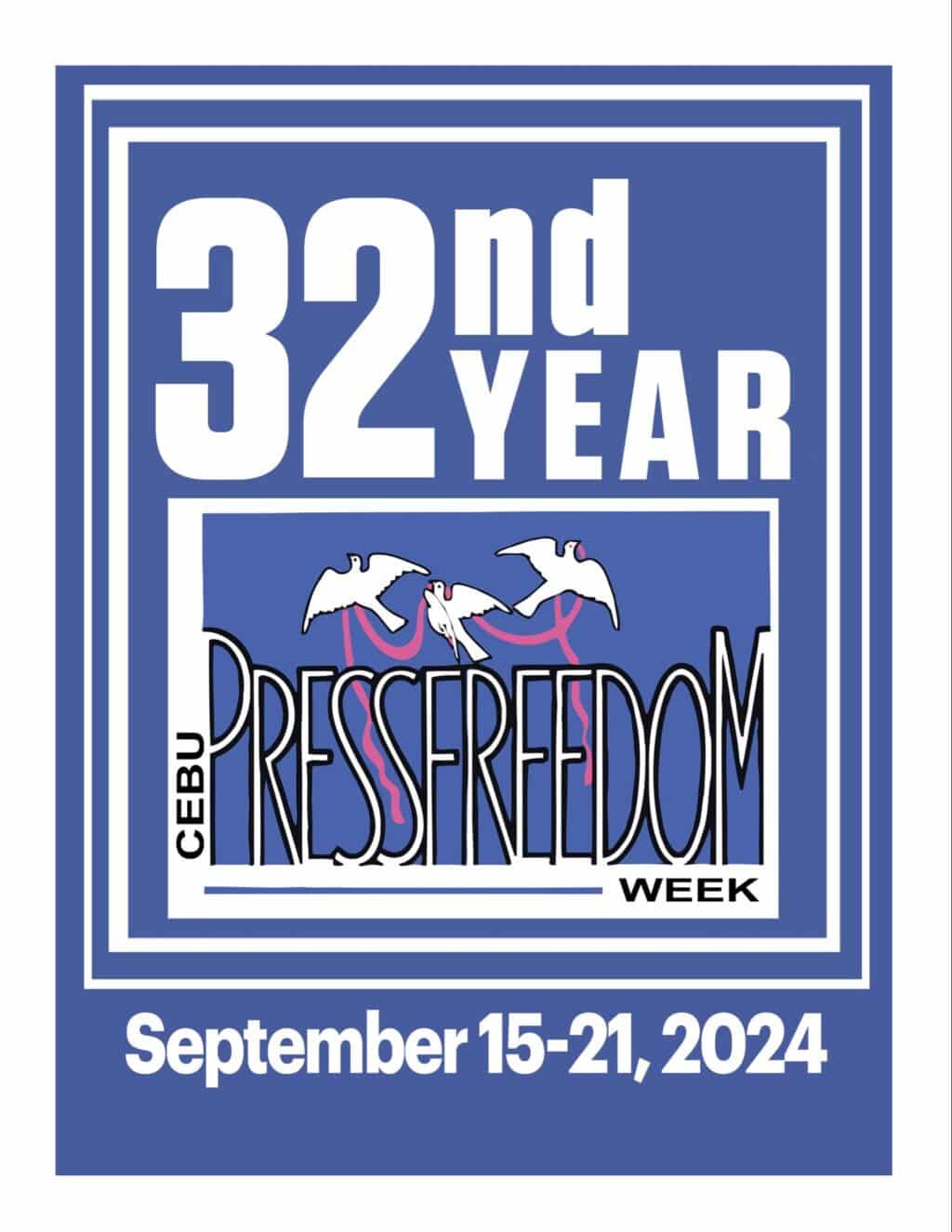
The media industry at present continues to face huge and daunting challenges. The print, broadcast, and online media have been affected by advances in digital technology, resulting in lower circulation and revenue. As we all know, this situation has resulted in the closure of even established global brands and to some, a pivot to measures that would enable them to maintain presence and influence at a lower cost.
David Luther, a digital content strategist, however, contends that despite some dire predictions, the media business remains healthy. In an article at Oracle Net Suite last May, Luther said: “…the industry is adapting to the digital disruption that has marked the last two decades as the internet and social media have reshaped the market.”
Luther, of course, was citing factors and figures covering mostly the US media industry. The Philippine scene may actually bear resemblance to part of his evaluation, but the reality is, most local media companies are struggling and continue to feel the pinch of economic woes being experienced in the country today.
Part of the scenario stems from two challenges facing the media today. One, of course, points to technological advances which cannot really be solved quickly. It takes time to gain the means with which to acquire them, as well as to learn them and correctly apply them to work on our system. The other challenge looks quite easy to confront, but is in reality a tougher nut to crack. It’s about news fatigue and news avoidance.
The 2024 Reuters Institute Digital News Report identified news fatigue as one of the factors contributing to fewer readers for print and lower traffic for online. The report notes that readers are shying away from reading news, watching TV, listening to the radio and surfing online news sites simply because they’re tired of reading and hearing stories on politics, crimes, sex and violence. On the other hand, stories on showbiz and sports, as well as climate and weather, remain a potent source of readership.
When Carlos Yulo won two gold medals in the Paris Olympics, the country was ecstatic and euphoric. Filipinos heaped praises on the athlete and scoured the newspapers and online sites for news about him and his exploits. But shortly after the glorious moments, news stories about his conflict with his mother hogged the headlines as well. This development actually provided a situation in most newsrooms. Some editors pointed out that the story about the family feud should not dominate the news about the achievements of Carlos. Other editors insisted, however, that it’s factual and therefore should not be “managed”, more so because it drew and continues to draw readers and pageviews. And thus, revenue.
How this scenario will eventually end to the satisfaction of both the media companies and readers remains to be seen. But the fact is, such a situation can very well relate to Journalistic principles and values. How we, as journalists, think and act on it may vary, but it’s a challenge that can spell a difference between being read or watched or being trashed and ignored.
We hope the celebration of the Cebu Press Freedom Week from Sept. 15 to 21 will provide some context and guidelines on what we can do to keep our readers glued to the papers they’re reading, and to the screens they’re watching or surfing. We want to remain a significant part of their lives, providing information that will help them improve their plight and knowledge to select officials who will truly serve them and hold their best interests to the highest level.
READ:
Free press doesn’t exist in a vacuum
Perils to press freedom
Over P50k in cash prizes await at Cebu Press Freedom Week Fun Run